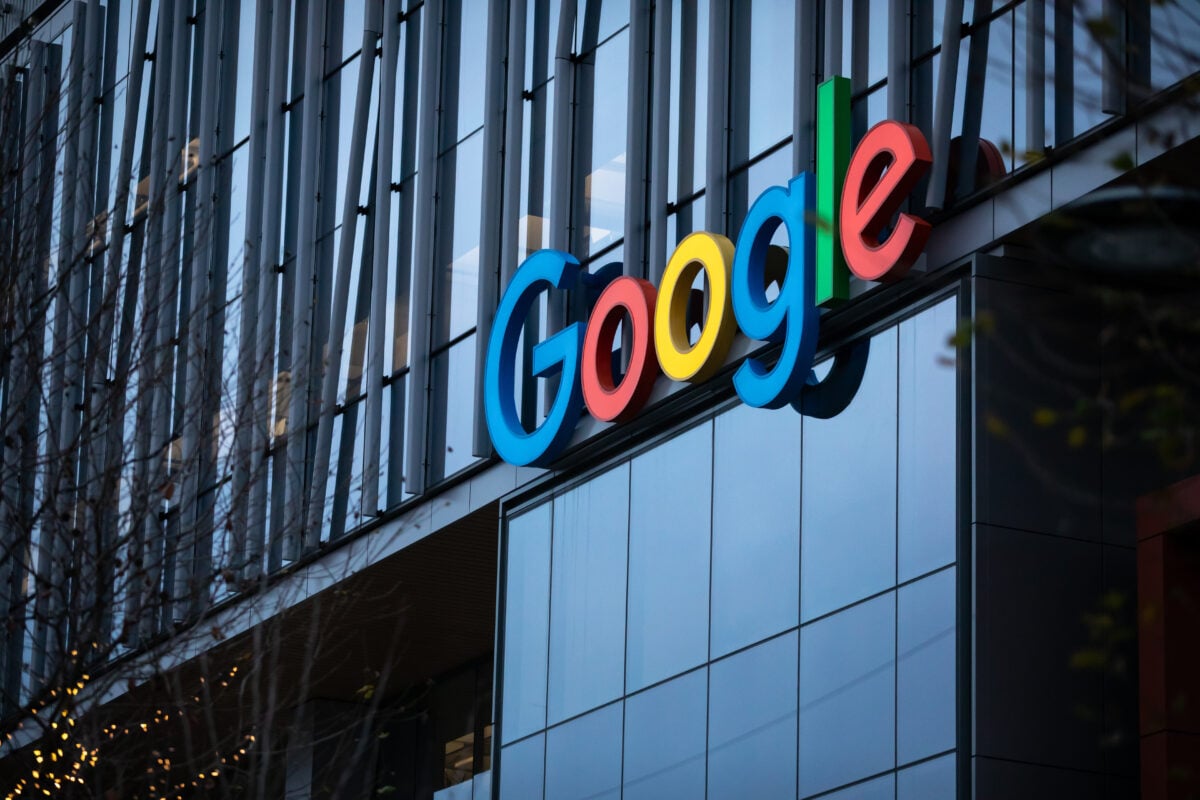TLDRs:
Contents
- Google pledges $1 billion over three years to advance AI training in U.S. higher education.
- Over 100 universities to receive AI tools, cloud credits, and access to the Gemini chatbot.
- Students to gain free use of advanced AI products, fueling a future-ready workforce.
- Initiative intensifies AI education race among tech giants like Microsoft and Amazon.
Google announced on Wednesday that it will invest $1 billion over three years to equip U.S. colleges and nonprofits with cutting-edge artificial intelligence (AI) training and tools.
The commitment aims to empower students with the knowledge and skills needed to thrive in an AI-powered world.
The initiative already includes over 100 participating institutions such as Texas A&M University and the University of North Carolina. These schools will gain access to AI resources, including cloud computing credits and an advanced version of Gemini, Google’s flagship AI chatbot. Notably, Gemini will be provided free of charge to all college students under the program.
Google clarified that the $1 billion figure represents both the value of the AI tools being distributed and possible direct funding, although the exact cash contribution was not disclosed.
Google’s Gemini AI Chatbot Set for Campus-Wide Rollout
The centerpiece of this educational surge is the rollout of Google’s Gemini chatbot, now upgraded for academic and research use. The company stated that students will be able to harness the AI assistant for learning, assignments, and coding-related projects. This access could potentially reshape how students study and engage with information.
In June, we launched Gemini CLI, an open-source AI agent that brings the power of Gemini to your terminal. Now, we’re introducing Gemini CLI GitHub Actions.
It’s a powerful AI coding teammate for your repository, created for team collaboration on the platform where developers…
— Google (@Google) August 6, 2025
By pairing AI tools with cloud computing access, Google aims to ensure that students not only use AI but also learn how to build and deploy it. These efforts reflect Google’s push to build a future workforce deeply familiar with its ecosystem, ensuring long-term adoption of its products.
The initiative aligns with Google’s broader education-focused investments, continuing a two-decade pattern. Since 2005, the tech giant has poured over $250 million into global education efforts, signaling a consistent belief in the strategic value of nurturing early tech fluency.
Tech Giants Battle for AI Dominance Through Education
Google’s $1 billion pledge joins a growing list of tech industry efforts to shape AI education. Microsoft recently committed $4 billion globally, while Amazon’s AI Ready program plans to train 2 million people by the end of 2025.
Meanwhile, Microsoft, OpenAI, and Anthropic have partnered to create a $23 million National Academy for AI Instruction to train 400,000 educators.
Analysts note that these programs are not purely philanthropic. Companies increasingly see educational partnerships as strategic footholds, introducing students early to their platforms, AI models, and ecosystems, potentially shaping future enterprise adoption.
Google Eyes International Expansion of AI Education Push
While the current focus is on accredited nonprofit U.S. colleges, Google confirmed that it is in discussions to expand the program globally. The move would align with the international strategy seen in its other AI initiatives, including the recent launch of Jules, Google’s new AI coding assistant with GitHub integration.
Jules, powered by Gemini 2.5 Pro, is another education-adjacent effort and was unveiled just days before this education announcement. It provides developers with asynchronous task support and has already processed over 2.3 million visits globally, reflecting Google’s growing ambition to dominate both the academic and developer AI spaces.
That said, as global AI adoption accelerates, the line between education, enterprise, and product marketing continues to blur, with Google placing itself firmly at the intersection.


